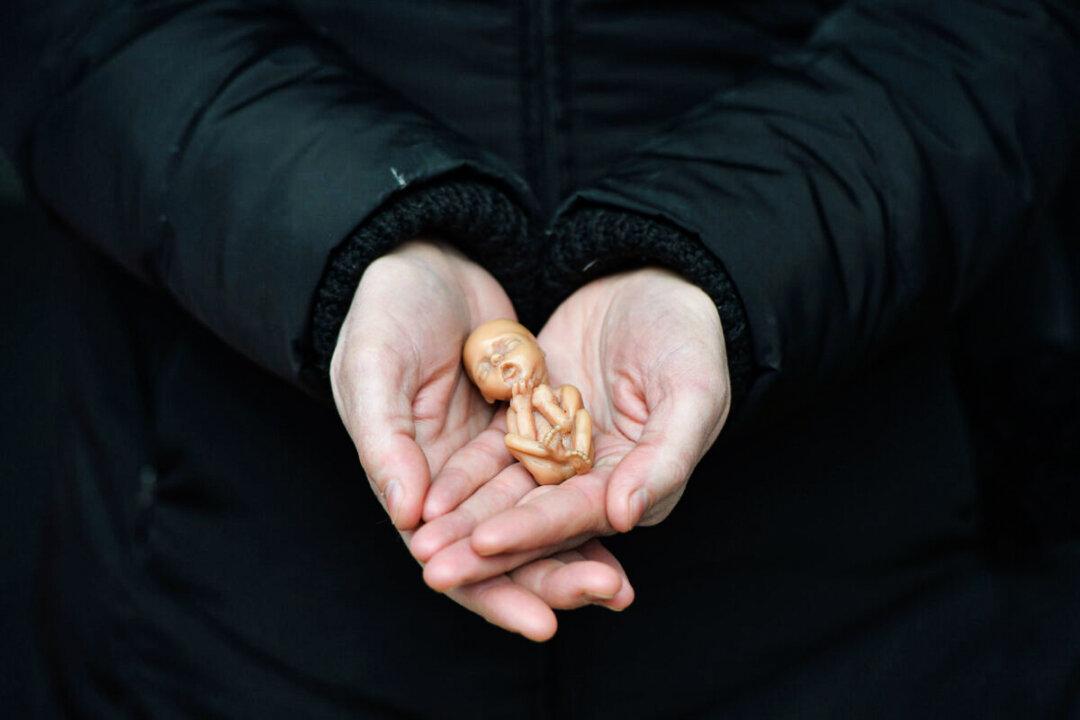Abortion bans were upheld following court rulings on Friday that lifted an injunction against an abortion ban in Indiana and cleared the way for a 12-week abortion ban to take effect in North Carolina.
In Indiana, the state’s Supreme Court ruled that the state’s abortion ban doesn’t violate the state constitution, and lifted a preliminary injunction that had been blocking a near-total abortion ban.




